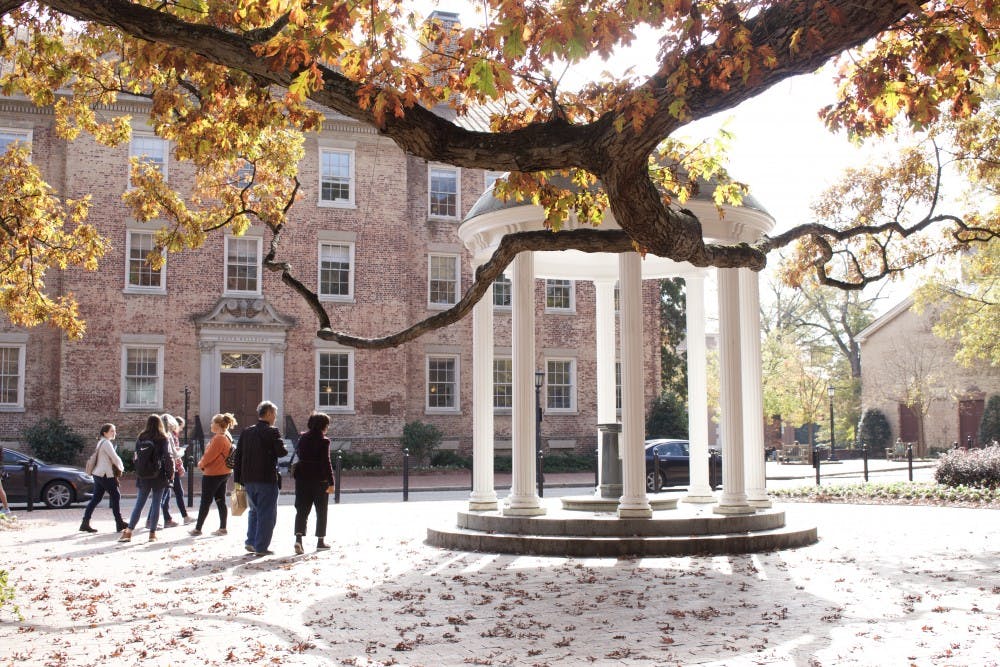I was a first-year doctoral student when the world entered a pandemic. I, like most UNC students at the time, was enjoying my spring break when suddenly the world changed overnight. My roommate never came back from a visit home, and I stayed alone in Chapel Hill, a town I was still unfamiliar with, unsure how safe it was to leave the house.
The pandemic shaped the bulk of my interactions with other graduate students in the department of communication. My cohort and I, now in our third year, had to navigate essential milestones, develop research questions and connect with faculty, all while isolated from one another.
Along the way, we combatted Zoom fatigue, which made any non-academic socializing difficult. On top of our student responsibilities, we had to fulfill our roles as instructors.
I took a gap year between getting my bachelor’s degree and pursuing my doctoral degree. I was one of two students in my cohort to not enter the program with a master’s. This meant that I not only had to adjust to a new discipline but that I suddenly became the instructor in a classroom where a few years before I was the student.
My first semester of teaching terrified me. Students thought I was a student myself. I was sure that my students would quickly find out that a fraud was among them, impersonating an expert. I wondered how I could exert authority over people that were only a few years younger than me. They asked questions I couldn’t answer on topics I had little experience with.
For the majority of that first year, I was as much a student of the material I taught as they were. For example, when I taught Introduction to Media Production, I would attend the professor's lab on Thursday, then teach that material to my students on Friday. I was educating young people on a topic that felt foreign to me.
With remote learning, the act was tougher to keep up. Staring at a screen of faces made it feel like everyone's eyes were on me at all times. It was either that or a blank screen where I spoke into the void and hoped that someone heard me.
I know that teaching remotely presented challenges for everyone, including faculty, but my course load as a student meant that I didn’t have the additional time to devote to perfecting the skills required of me.
All that I had learned so far about teaching did not account for Zoom and the myriad of technical challenges teaching online included. As a student myself, I empathized with the students I was in charge of.




